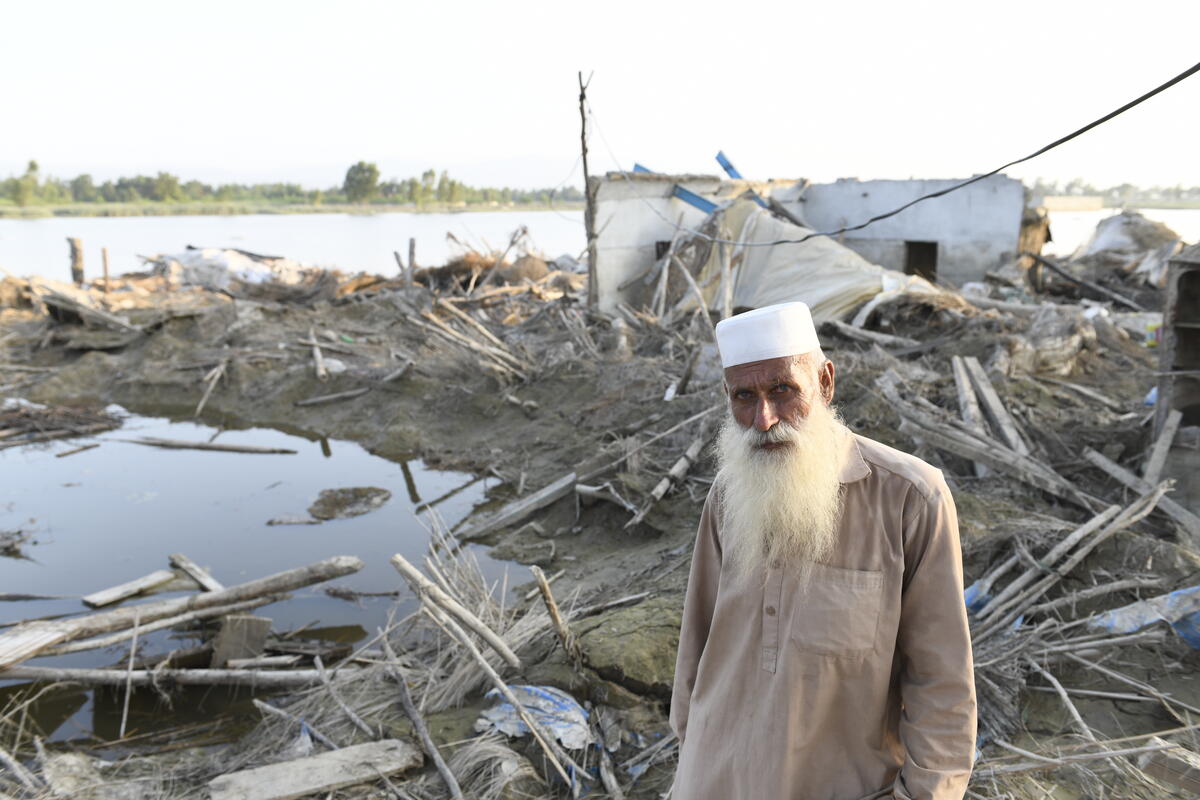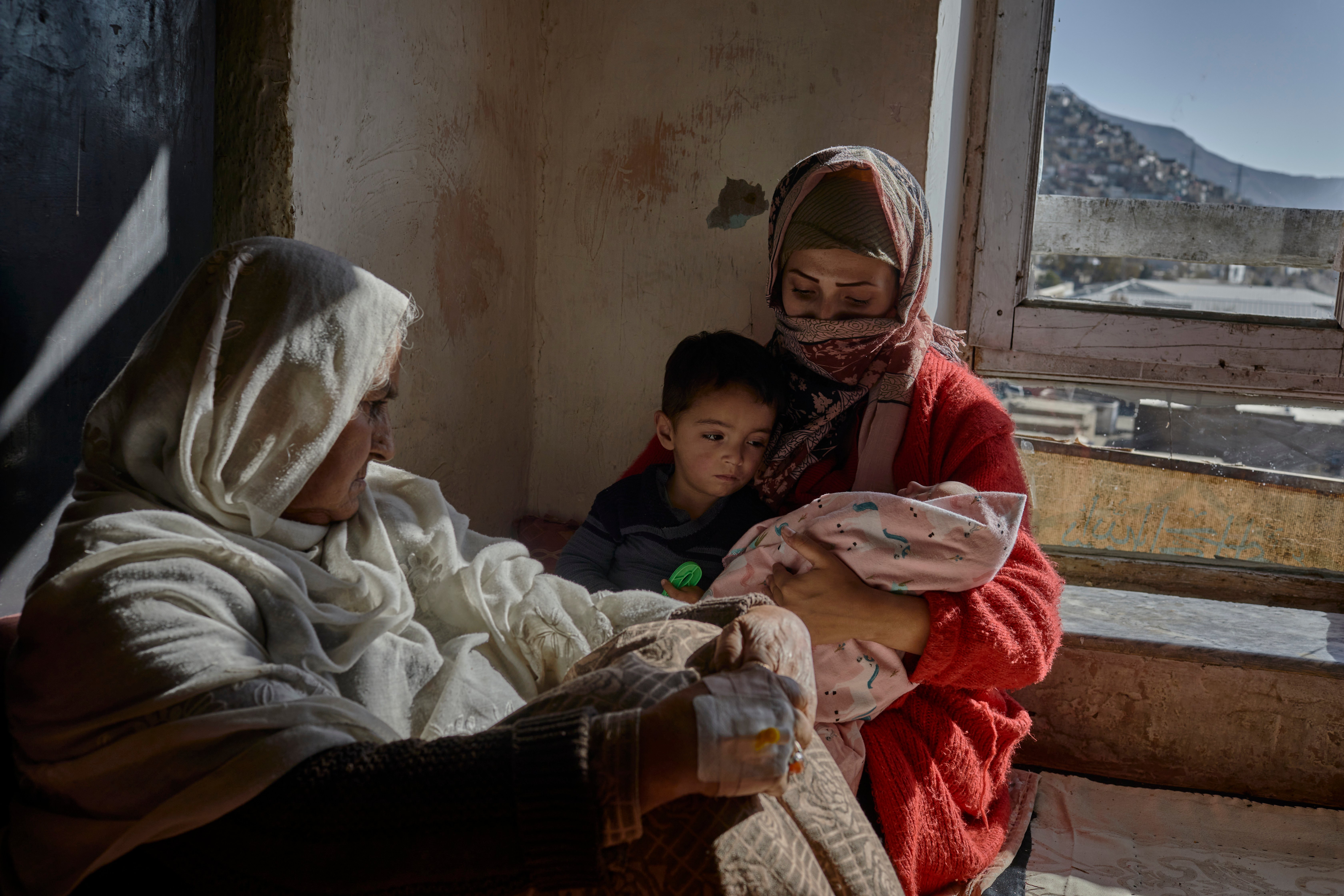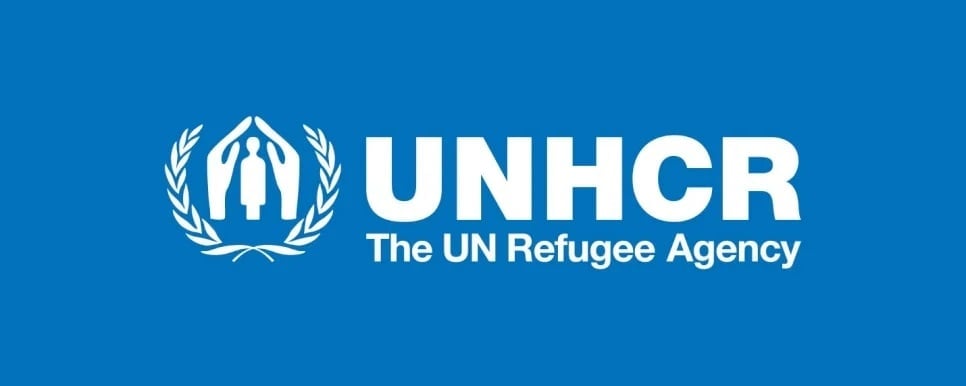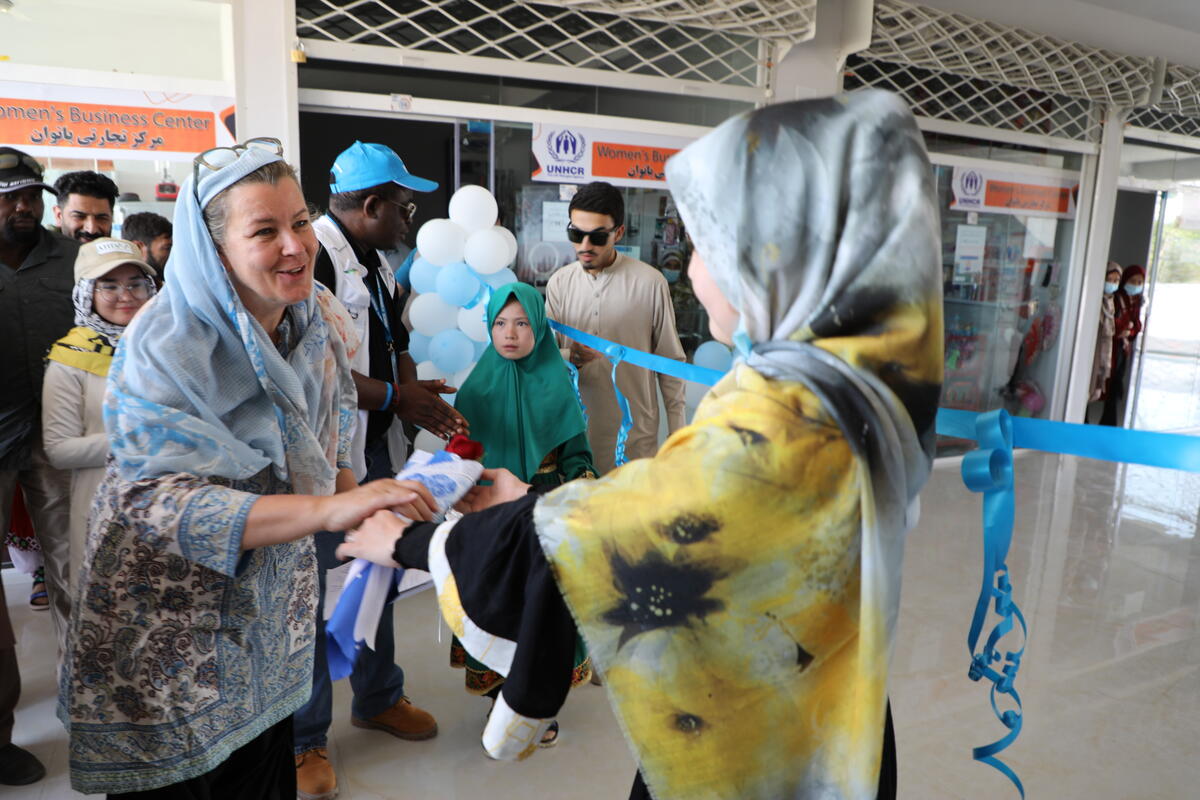Tajikistan deports nine Afghan refugees amid UNHCR protest
Tajikistan deports nine Afghan refugees amid UNHCR protest

GENEVA, September 20 (UNHCR) - The UN refugee agency has protested against the detention and subsequent deportation of nine Afghan refugees from Tajikistan, arguing that these individuals could face grave danger back in Afghanistan.
"UNHCR is very concerned about the fate of nine Afghan refugees who were deported back to their homeland early Tuesday by the Tajikistan government," said the agency's spokesman, Kris Janowski, at a press briefing in Geneva on Friday.
On Monday, 10 refugees, all men, were separated from their families and detained by the Tajik authorities. Among the nine who were deported on Tuesday, was reportedly a minor, a 17-year-old boy. The remaining refugee is still in detention.
UNHCR has written to the Tajik authorities protesting the detention and deportation of these refugees, individuals who may face grave danger back in Afghanistan because of their association with previous Afghan regimes. They may still fear for their safety if sent back to Afghanistan, said the refugee agency.
Tajikistan suspended the screening for refugee status determination two years ago, leaving refugees there in a particularly precarious situation.
"Without a status determination procedure, Afghan refugees in Tajikistan find themselves in a legal limbo. This, we believe, must be corrected immediately," said Janowski.
More than 9,200 Afghan refugees in Tajikistan have returned home voluntarily in recent months. The latest UNHCR-assisted repatriation took place on Wednesday, when some 50 persons were helped home. Some 3,000 Afghan refugees remain in Tajikistan.
Noting recent improvements in Afghanistan - including the establishment of the Transitional Authority under President Hamid Karzai - which have helped to encourage more than 1.7 million people to return home voluntarily, Janowski nonetheless cautioned, "This is not the time to force any recognised refugees to return to Afghanistan."
He explained that tension persists in certain areas of Afghanistan, particularly the north and the eastern border regions near Pakistan. Factional fighting continues between troops allied to various commanders, while more than 920,000 people are still internally displaced and unable to return to their home areas.
"We believe that the winter will pose a particular hardship for more than 560,000 people, and we are trying to stockpile emergency supplies of blankets, stoves, tents and plastic tarpaulins," said Janowski, adding that food stocks for the millions of impoverished Afghans are also limited.









